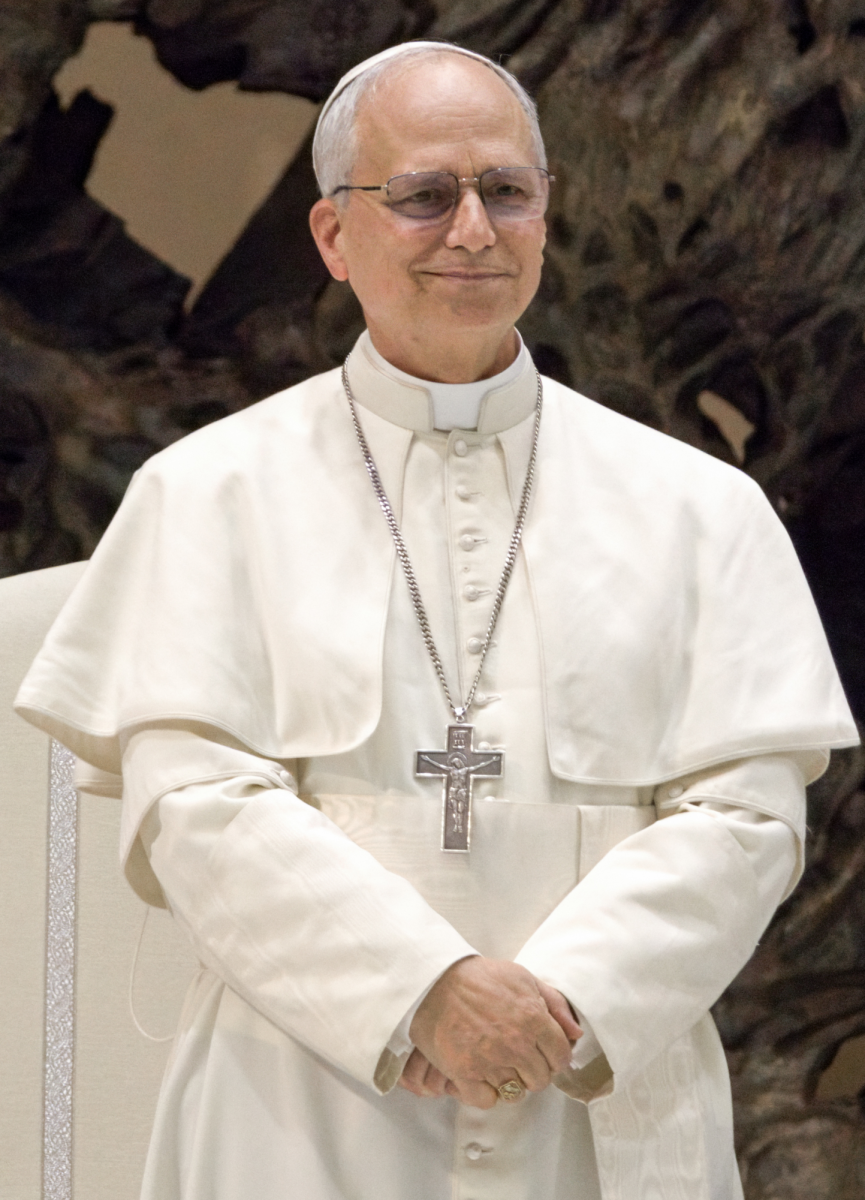Ketanji Brown Jackson: The Supreme Court’s New Justice
April 19, 2022
In January, Supreme Court Justice Stephen Breyer confirmed rumors that he was retiring. Breyer was nominated by President Clinton in 1994 and has served ever since. A seat on the Supreme Court has no term limit, and several justices, most recently Justice Ginsburg, have died while serving on the Court. However, Breyer made the decision to retire since he wanted to ensure that his replacement shared his judicial philosophy. In February, President Biden nominated Ketanji Brown Jackson to fill Justice Breyer’s seat. Thus began a long and arduous confirmation process, one that has been increasingly in the public eye since Justice Kavanaugh’s confirmation in 2018.
Jackson was born in 1970 in Washington, D.C., but moved to Florida. Her mother was a teacher, and her father was a lawyer for the Miami-Dade County School Board. Her uncle also served as Miami’s police chief. Jackson studied at Harvard University, where her bachelor’s thesis was entitled “The Hand of Oppression: Plea Bargaining Processes and the Coercion of Criminal Defendants.” She went on to Harvard Law School where she served as the editor of the Harvard Law Review.
Following law school, Jackson clerked for a District Court Judge in Massachusetts, a First Circuit Court of Appeals Judge, and as a public defender in the D.C. Circuit before eventually clerking for Justice Steven Breyer (whom she would eventually replace on the Supreme Court). She was then nominated by President Obama to serve as vice-chair of the U.S. Sentencing Commission, which regulated national sentencing guidelines. Jackson then went on to serve as a Judge in the US District Court and the US Court of Appeals, both in Washington, D.C.
Jackson is one of the most experienced Supreme Court Justices in U.S. history, in terms of offices held. Her education at an Ivy League college and law school, and work as a clerk, public defender, sentencing commissioner, district judge, and Court of Appeals judge give her one of the widest arrays of judicial experience of any justice.
Unlike some previous nominees (such as Justice Kavanaugh), Jackson’s past had almost no controversy to be used against her. However, this did not stop the typical political criticisms seen during hearings. Members of Congress criticized President Biden’s desire to select a black woman as justice, with Senator Roger Wicker calling her nomination “affirmative action.” Notably, Jackson’s appointment to the court will mark the first time in history that the Supreme Court has not had a white male majority.
Jackson’s judicial policies came under scrutiny as well. She does not adhere to “originalism”, or the belief that the Constitution should be interpreted strictly by its original intent. Further, she has been criticized for not denouncing the expansion of the Supreme Court to include more justices, as she claims that power lies with Congress and is not her decision. Conservatives have pointed to her experience as a public defender as proof that she is sympathetic to criminals, a common political argument seen in recent years. But perhaps the most interesting argument against Jackson had to do with criminals accused of child pornography charges. Several senators, most notably Senator Josh Hawley, claimed that Jackson had sentenced criminals convicted of such offenses to more lenient sentences than federal guidelines suggested. Interestingly, these more lenient sentences have been given out by members of both parties, including judges that Hawley has voted for.
Despite this opposition, Jackson was approved by a vote of 53-47 in the Senate. Even many of the senators who voted against her agreed that she was extremely qualified, despite her politics. Jackson will officially join the court during its recess this summer. Her confirmation does not change the political makeup of the court, which currently sits at a 6-3 conservative majority. Nonetheless, the appointment of a young justice will affect the makeup of the court for the foreseeable future, since the current members of the Supreme Court seem unlikely to leave the court anytime soon.
























